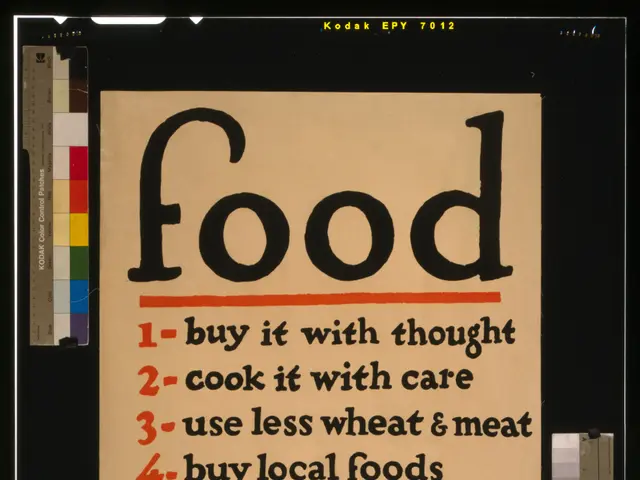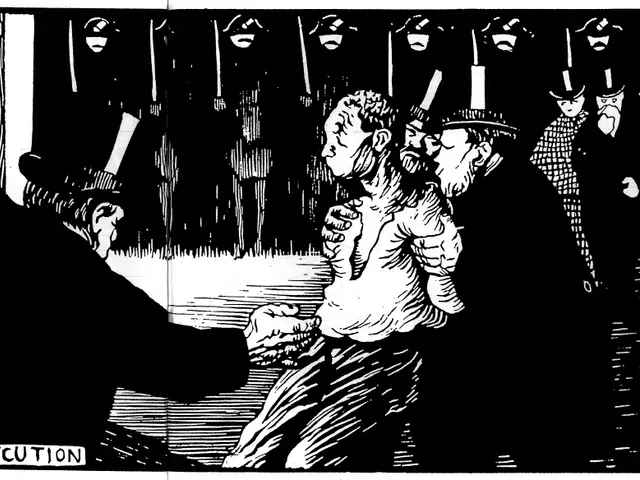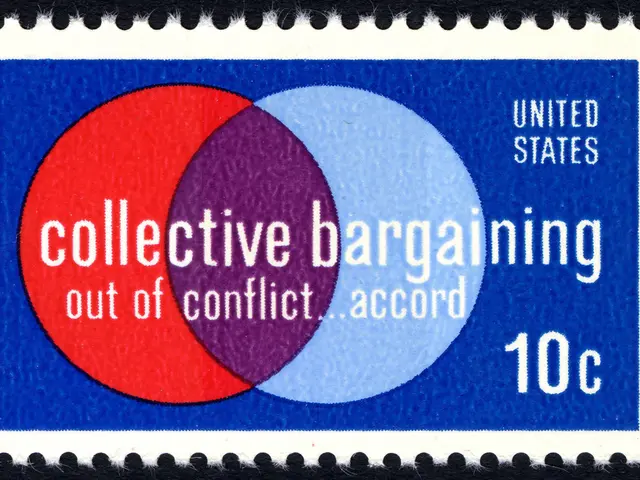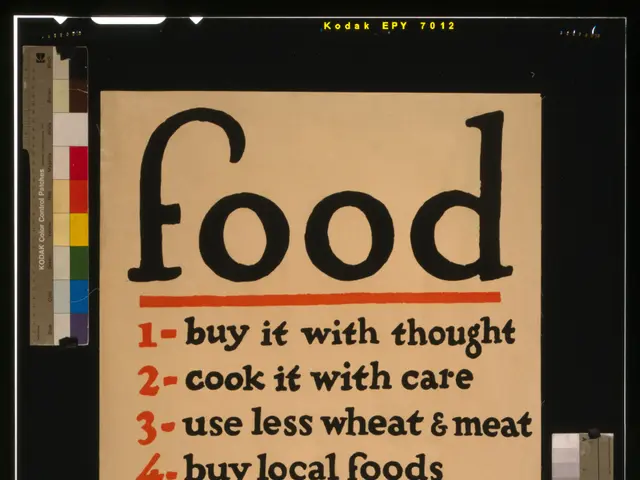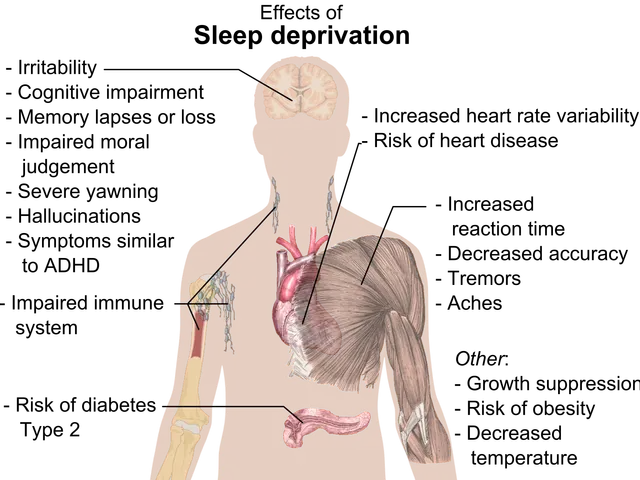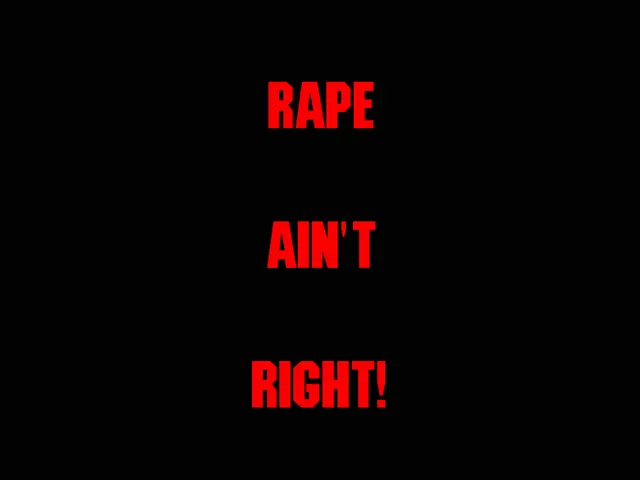Trump Slashes Medication Prices: Blames Germany for US Woes, Accuses EU of "Price-gouging"
Trump Imposes Drug Price Ceilings, Criticizes Germany's Pharmaceutical Policies
In a surprise move, US President Donald Trump issued an executive order to rigidly cap medication prices, blaming the high costs on Germany's "socialist healthcare" system and the EU. This radical step aims to bring down prices by up to 80%, only achievable through international price alignment.
Before jetting off on his foreign tour, Trump addressed the nation from the Oval Office, lashing out at Germany and the EU for inflating medication prices in the US. The President argued that Americans inadvertently subsidize the EU's low-priced healthcare services through excessively high research costs for medications. He also took a swipe at the EU, labelling them "even meaner than China."
Trump's order dictates the Department of Health and Human Services (HHS) to provide a price list to pharmaceutical companies within 30 days, based on the lowest international prices – regardless of the market size or economic power of other nations. The HHS will prioritize medications with large price discrepancies worldwide.
This aggressive strategy disregards conventional criticisms for meddling in the free market, a stance typically denounced as socialism. However, it remains uncertain whether the order will survive legal challenges, or if the regulations will ever be implemented. The pharmaceutical industry is expected to contest the order in court.
Politics: Trump vs. Pharma Industry
Reducing medication costs has long been a rallying cry for Trump, even in his first term. However, concrete progress was minimal until now. President Biden, on the other hand, negotiated price reductions for specific medications like insulin for low-income seniors and pledged to expand these negotiations. Yet, the industry remains strongly opposed to the governmental intervention.
Over 150 million US citizens depend on Medicaid and Medicare for their healthcare coverage, including prescription medications. These programs accounted for approximately 22% of the federal budget last year, totaling over 1.4 trillion US dollars. Lower medication costs could allow Trump to fund other election promises, such as lower taxes and the "Golden Dome," the US missile defense shield.
Should the mediation measures prove unsuccessful, Trump's decree threatens to impose punitive measures, including importing cheaper alternatives, restricting exports, taking antitrust action, or even revoking market approvals. These harsh tactics ramp up the pressure on domestic companies to lower prices.
The EU's Response: "More Shameless Than China"
Trump refrained from directly attacking pharmaceutical companies, accusing them only of colluding with other nations. However, the decree unleashes a looming threat for the industry, potentially prompting them to pursue higher prices in other countries like Germany to offset losses in the US market.
Declaring an end to American subsidization of foreign healthcare systems, Trump accused the EU of acting "more shamelessly than China" in pricing negotiations. The EU will be forced to bear greater financial burdens, while Americans will pay significantly less for their medications. Trade Minister Howard Lutnick has been instructed to take necessary steps to ensure such price reductions are achieved.
Sources: - ntv.de
Keywords:
- Donald Trump
- Healthcare policy
- USA
- Medicines
- Medicine
- The executive order issued by President Donald Trump aims to align medication prices in the US with international prices, following his accusations of "price-gouging" by Germany and the EU during a speech about medication costs, a key topic in his political agenda.
- The health-and-wellness sector, including employment policies for pharmaceutical companies, will undergo significant changes as the Department of Health and Human Services (HHS) is directed to provide a price list to companies within 30 days, based on the lowest international prices, in line with Trump's decree.
- Trump's decision to impose strict measures on the pharmaceutical industry in the US, such as importing cheaper alternatives, restricting exports, taking antitrust action, or even revoking market approvals, has caused a stir in the general-news landscape and raised concerns in the EU about the potential impact on Europe's healthcare policies and finance.

